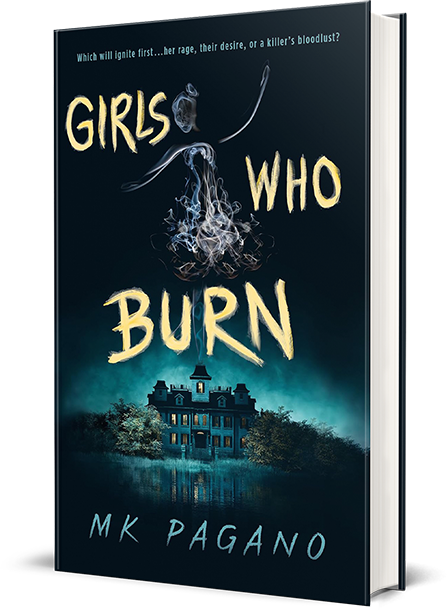Here’s a random list of questions I’ve been asked. If you have any others, feel free to contact me!
GIRLS WHO BURN, my debut YA thriller, comes out August 6, 2024 from Penguin Teen! Preorder it here. Or you can add it on Goodreads.
GIRLS WHO BURN is now available to request on Edelweiss. I will update this page when it becomes available on Netgalley soon.
Until then, all ARC requests should go through my publisher. Please email penguinyoungreaders@gmail.com with the subject line: “Penguin Teen Influencer Request – GIRLS WHO BURN.” Please include your social media handles and hyperlinks to your accounts.
For the thrillers I’m currently working on (I’m a chronic WIP-hopper!), check out my Instagram for the occasional snippet. Official new book news will come as soon as I’m allowed to announce it.
If you’re curious about the 5 shelved (for now?!) books I wrote before writing GIRLS WHO BURN, they are detailed here.
My books are YA thrillers, meaning they’re murder mysteries for, and about, teens. That being said, they definitely fall into the upper YA category; my protagonists are 18 and 19 years old, and my stories are meant appeal to people in their 20s, 30s, and beyond, as well as teens.
In terms of what they’re about, obviously every book is different, but some common themes running through my writing include female anger, female ambition, the role family (biological and found) plays in shaping who we are, learning how to let go of the past, and learning how to forgive yourself for your mistakes.
There are also always strong romantic elements in my thrillers, because I love romance.
I detail a lot of the earlier parts here. I talk about the path from first agent to dying on sub to second agent and succeeding on sub here. In short: the road has been long, winding, and totally worth it.
DO YOU HAVE ANY WRITING TIPS?
I do! I used to be a lot better about updating this blog with them regularly, but the ones I wrote about in the past are all still valid. A round up here. But if I were to sum up, the most important things I’ve learned are:
- Writing is rewriting. It takes several drafts to produce anything good.
- Find good critique partners. Other people are invaluable in spotting things in your stories you cannot spot yourself. It will take some time and work to find the right critique partners for you, but put in the effort, because they are so worth it. And no, you do not have to pay someone to help you edit your writing if you’re pursuing traditional publishing. Professional editors can help, sure, but a good CP will provide the same amount of developmental + line level edits an editor can. For free. Plus, editing someone else’s book helps you with self-editing–plus, writer friends are everything.
- Be patient. Yes there are unicorns who write one book and get it immediately agented and published. These people are rare. Most of us languish in obscurity for years. Love the process, because it’s the only part you can control.
I now work part time as a freelance writer. I do content marketing and social media marketing alongside my book writing.
I had a full-time day job my entire adult life, then just before the pandemic hit I was laid off, alongside several other people at my company. I’m in the very fortunate and privileged position of having a partner who works full time and can provide us with a steady income / health insurance/ 401K, etc. I’ve found I prefer not working full time, and since I don’t have to, I now split my time between freelancing for clients, writing books, and parenting two small children.
In general, I love not having an official day job. I love not commuting to NYC every day, I love being able to work when I want, I love being able to say no to toxic clients when I can, I love spending more time on my own writing and more time with my children.
That being said, I would run back to full-time work if my partner suddenly lost his job. I do not recommend quitting your day job to write books unless you have another source of stable income. (More on day jobs here.)
By being creative with my time!
I detail some of this here and here. But in short, I write whenever I get the chance. During breakfast, during naptime, during breastfeeding, once the children are asleep. I am also fortunate to have a supportive involved partner, as well as nearby grandparents who babysit frequently.
I am also not super hard on myself anymore. I’ve learned to be flexible and adjust my goals as needed. Rest, health, family, friends–all these things are important, too. Take breaks. The writing will always be there when you return.

